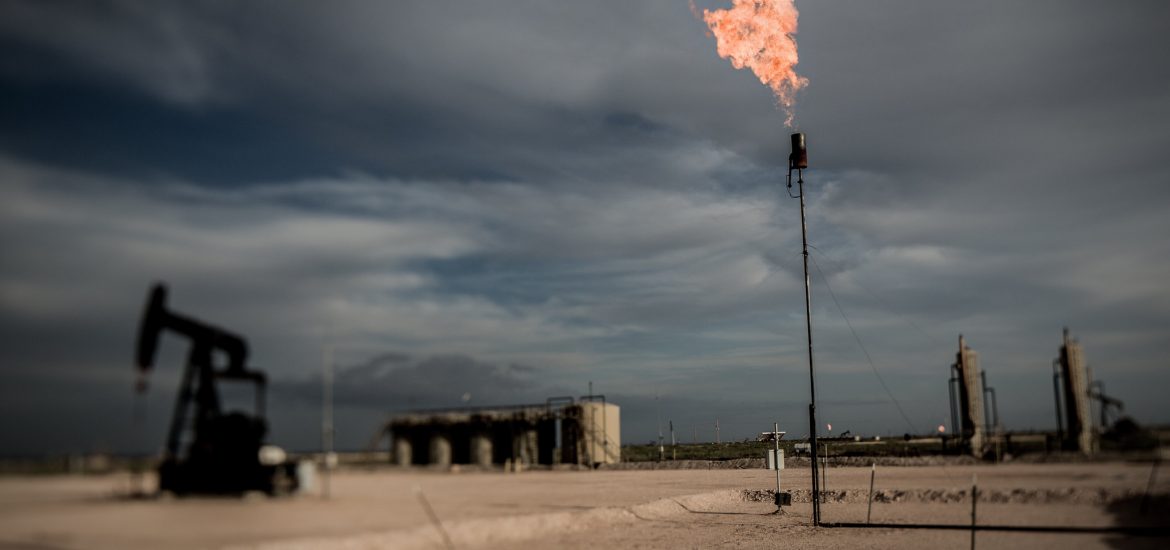
When Masrour Barzani, who recently became the prime minister of semi-autonomous Iraqi Kurdistan, named long-serving Iraqi Kurdish natural resources minister Ashti Hawrami his deputy prime minister for energy affairs, he signalled the singular importance of the region’s oil sector to Kurdish aspirations for economic viability and autonomy from Baghdad. Iraq Kurdistan is the Middle East’s “last truly under-developed oil and gas frontier”, and the potential prizes for successful investors are extraordinarily high – as are the risks.
While Barzani’s government will need to bring in outside (and particularly European) capital and assistance to achieve the area’s energy potential, Iraq’s checkered history of dealing with foreign firms, even in the relatively stable Kurdish region, should be cause for concern for any company considering sinking funds into the country.
Barzani has indicated he intends to prioritize transparency and reforms during his tenure, but his family’s overwhelming control over both Kurdistan’s political institutions and business environment has already given potential investors reason to be on edge. Masrour Barzani’s relative Sirwan Barzani, for example, is both a Peshmerga commander and a businessman allegedly influential enough to have the national telecommunications commission expropriate one of Iraq’s largest foreign investors.
Open season for investment in Kurdistan?
It’s no surprise overseas firms view Iraqi Kurdistan as the next frontier for extracting fossil fuels. With an estimated 45 billion barrels of oil and over 200 trillion cubic feet of gas under its territory, the area is ripe for development. Throw in the comparatively low “lifting cost” of just $2 per barrel and the situation is even more inviting.
According to the US Department of Energy, Iraqi oil production has soared since 2005, after a yearslong decline prompted by international sanctions and then the start of the Iraq War in 2003. Despite the country’s struggles to contain and then turn back the forces of ISIS, Baghdad has already returned to the upper echelons of oil producers, with production nearing 5 million barrels per day last year.
Those figures place Iraq just behind Saudi Arabia as OPEC’s second-largest producer. According to some industry insiders, it may eventually surpass Riyadh. At a minimum, Baghdad has ambitious targets to increase crude production up to 9 million barrels a day by 2023. Iraqi Kurdistan is certain to play an important role in this; even though the region accounts for just 10% of crude oil production at present, it holds 30% of Iraq’s total proven oil reserves, and 89% of its gas.
Orange typifies troubles for foreign investors
Given the potentially rich returns, foreign firms are understandably tempted to help the Kurds extract and sell their oil and gas. However, European and other overseas companies need to be incredibly wary of wading into a nation that has consistently earned a 7/7 rating on the corruption scale from Belgian credit insurance company Credendo for the last five years.
A prominent example of the risks which foreign investors are confronted with in Iraqi Kurdistan is the case of the Iraqi mobile operator Korek. In 2011, a joint venture comprising French telecommunications giant Orange and Kuwaiti logistics experts Agility acquired a 44% stake in the firm. The pair invested $810 million in the venture, only to find their assets were not being managed as they would have hoped. Last year, they filed a lawsuit against three local directors of the company, one of whom is Sirwan Barzani, cousin of the current prime minister.
The trio stand accused with corruption and improper use of company funds, amid claims they oversaw clandestine business deals with other companies in which they held stakes. Moreover, they are alleged to have taken out a $150 million loan from a Lebanese bank without the knowledge of the foreign firms, as well as lying about interest rates on the loan. Worse, the loan appears to have been used to purchase an extravagant property in London for the use of the chief executive of the Communications and Media Commission (CMC), the very body meant to be policing Korek’s actions.
The CMC, in turn, not only blocked a 2013 takeover of Korek by Orange and Agility but outright stripped the foreign investors of their entire stake, with Sirwan Barzani regaining those shares. With the World Bank’s International Centre for Settlement of Investment Disputes (ICSID) deciding to hear the dispute between Agility and Korek, the case – and this prominent Barzani’s role in it – is set to receive greater scrutiny.
Next steps: crucial but elusive
Masrour Barzani has nonetheless said the right things about increasing governmental accountability, prioritising transparency and attracting foreign investment. However, it might take more than eloquent speeches and lofty promises to convince the cynics the region’s ruling elite have really changed their spots.
At the core of all corruption is the fact Iraq’s rule of law – and the justice institutions meant to reinforce it – remains cripplingly weak. An exacerbating factor are tribal norms which emphasise support and loyalty to group members at the expense of the common good. Corrupt behaviour consequently isn’t recognised as such, contributing to the perpetuation of bad governance.
Some figures in the Kurdish region’s government recognise the need for urgent change, calling on Barzani to “establish a Baghdad-like anti-corruption council.” Not that Baghdad is the best yard stick, given that the the national oil sector also reels from internal ethnic divisions and decade-long gridlock.
None of these factors have thus far managed to dissuade firms like Siemens, which signed a roadmap implementation agreement in April to build gas-fired power plants and upgrade gas turbines in Iraq. For Kurdistan, at least, the types of reforms being put forth by its new prime minister are crucial if the region is planning on taking advantage of its reserves and avoid a predicted economic collapse.
Flare Off & Pumpjack. Picture credit: Flickr





